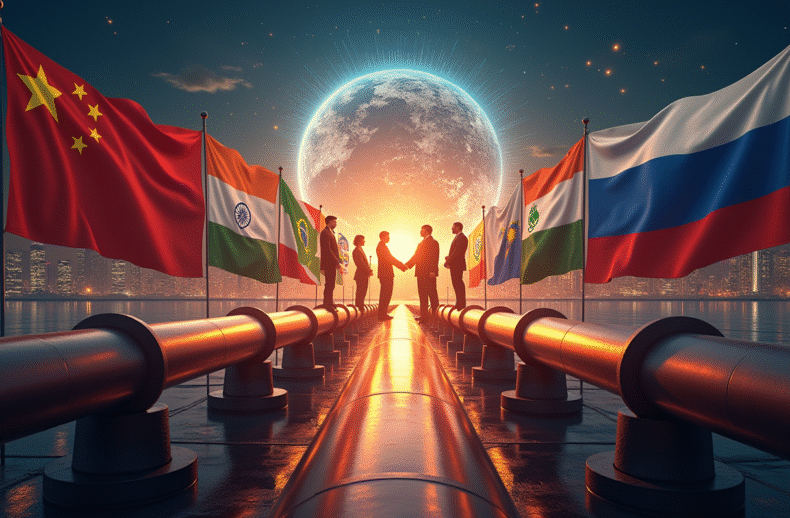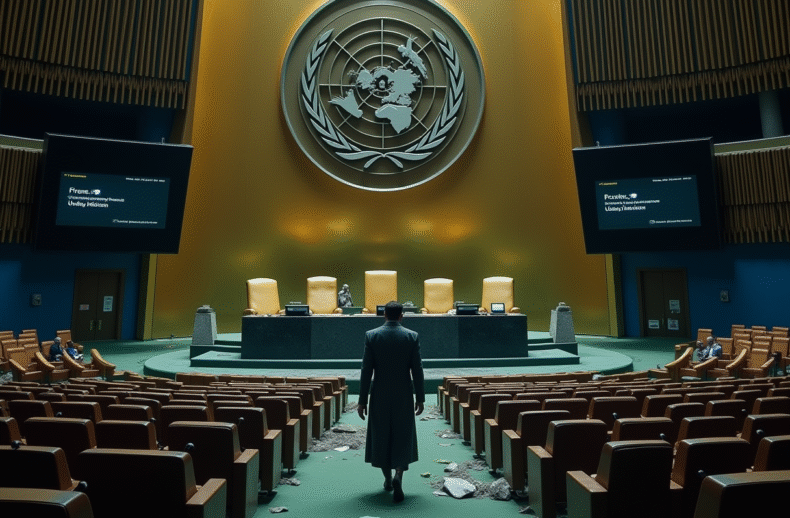The future of Russian-Chinese relations within BRICS is defined by a strategic convergence: Russia’s pivot eastward after the rupture with Europe and China’s ambition to re-shape global governance. Energy trade, technology cooperation, and financial integration are binding the two powers into a pragmatic partnership, even as underlying asymmetries and competing interests remain. Within BRICS, their coordination strengthens calls for a multipolar world order and accelerates the bloc’s expansion into new markets. Yet the partnership is not without limits—dependence, mistrust, and global headwinds could expose fault lines. The next two decades will test whether BRICS becomes a cohesive platform for alternative global leadership, or merely a loose forum shaped by shifting national priorities.



